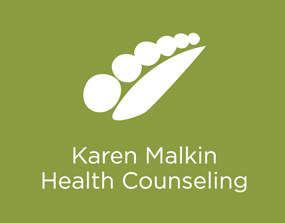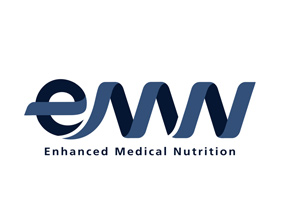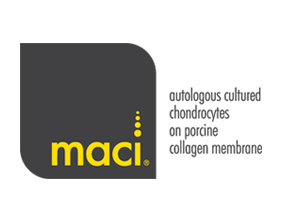If you are native to England and Wales and have young children, then you may be aware of a term called Gillick Competence.
We are here to give you the run down on what you need to know about Gillick Competence in 2021 and how it might affect your child.
Defining Gillick Competence
Gillick Competence may be a term you haven’t heard of until now, so lets discuss what it really means. Gillick Competence is used in medical law to decide whether a child under the age of 16 is able to consent to their own medical treatment, without the need of parental permission or knowledge. To be considered for Gillick Competence, a child must have enough intelligence, competence and understanding to truly be informed of their treatment. For more information on the history of this matter, please see under s.8 of the Family Law Reform Act 1969.
Parental Responsibility
If a child does not have the capacity to consent, then someone with parental responsibility can consent on their behalf. In most instances this will be a parent, legally appointed guardian, a person with a residence order concerning the child, a local authority designated to care for the child or a local authority or person with an emergency protection order for the child.
To provide parental responsibility, the individual must be able to give the capacity to consent. There have been instances where a parent has refused to give consent for a particular treatment. It is important to note that a decision like this can be overruled by the courts if they deem the treatment to be necessary and in the best interests of the child.
Talk To a Professional
There are some incredible organizations here in the UK who can help you with Gillick Competence testing. It can be reassuring to talk to a professional who can offer some insight into the process and also give you some reassurance.
Assessing Gillick Competence
There is no strict set of questions when it comes to assessing Gillick Competence and each case is unique. It is up to the professionals to ask the questions they deem appropriate. There are, however, some factors that they will consider.
They will want to consider the child’s age, maturity and mental capacity. Another important factor is the child’s understanding of the issue and what it involves. This will include the advantages of the treatment, the disadvantages and the potential long-term impact a treatment may have. They will want to see how well they understand the information or advice being given to them and see if they have the ability to explain why they have come to a certain decision.
If a child is deemed Gillick Competent for one decision, this does not necessarily mean it will happen the next time round. A child’s competence can be affected by numerous factors ranging from stress to mental health conditions which can have a huge impact on their decision making.
If a professional sees inconsistency in a child’s understanding, then they will have to seek permission from a parent or carer before proceeding with any treatment.
Related article: Making Decisions About Treatment – NYRA
Talk To Other Parents and Caregivers
It is strongly advised to speak to a professional about Gillick Competence, but it can be interesting to hear stories from other parents and carers through parent forums. If you have any anxieties towards the topic, it can be insightful to hear about other parents’ experiences with it and how their children cope with it. It never hurts to put in some research of your own to give yourself a better understanding of what your child may have to go through and how you can support them to the best of your ability.
Click here for full podcast playlist.














